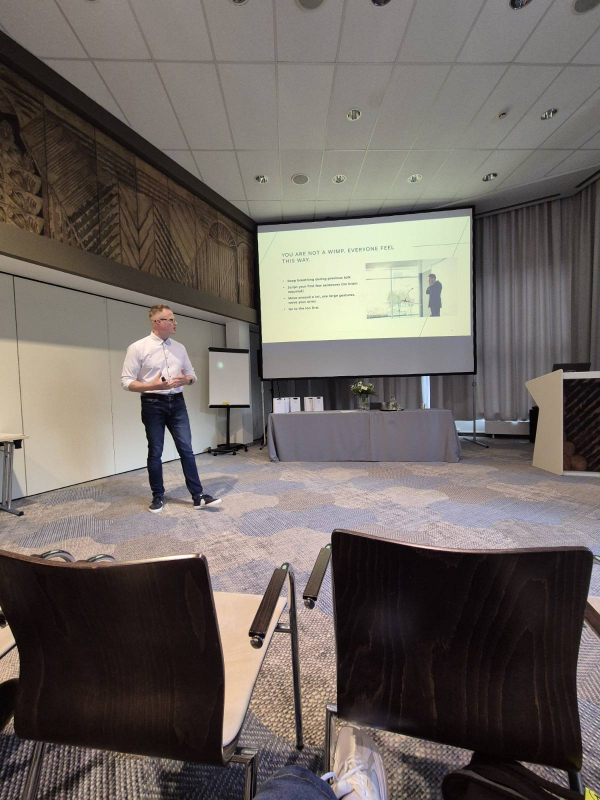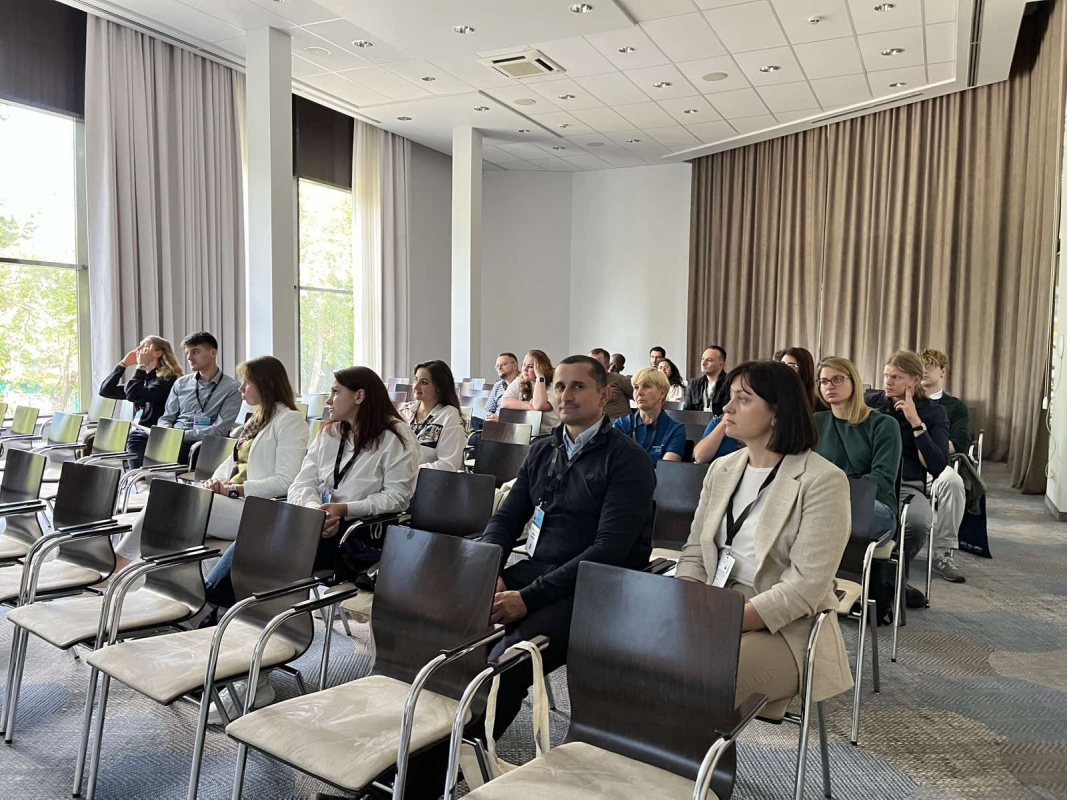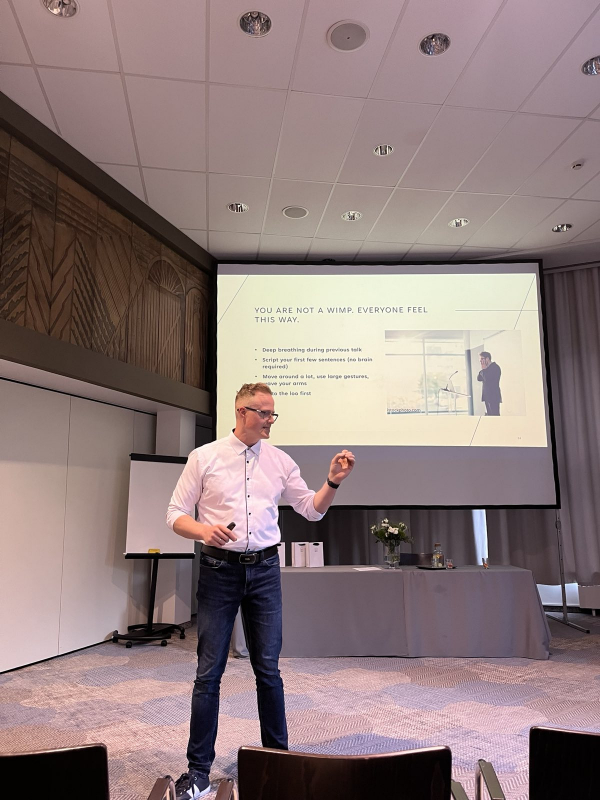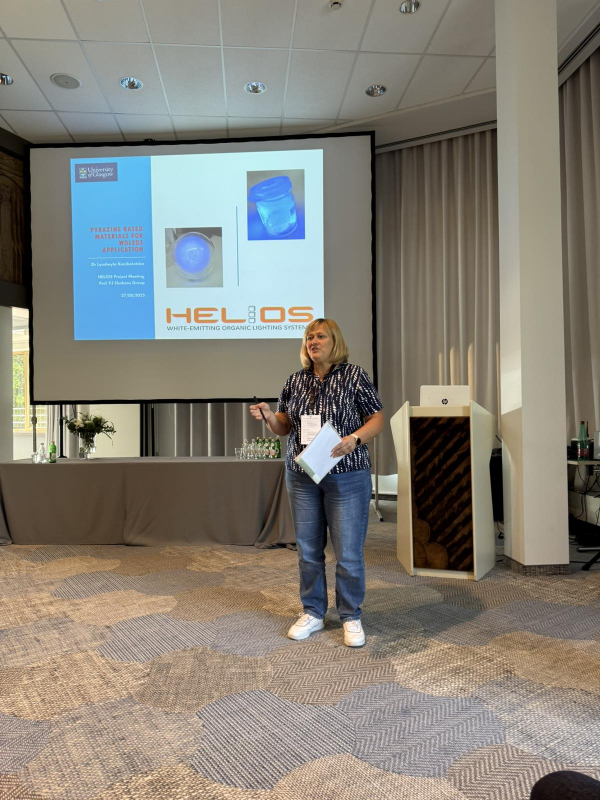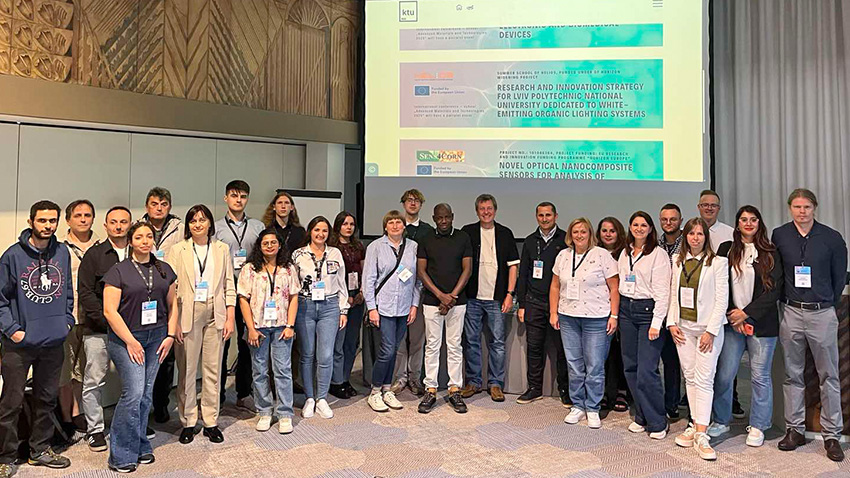At the end of August 2025, the Horizon Europe HELIOS project held its Summer School in Palanga (Lithuania), within the framework of the 27th International Scientific School “Advanced Materials and Technologies”. The event was organized by the consortium partner – Riga Technical University (Latvia), led by Dr. Kaspars Traskovskis.
PhD students, young researchers, and representatives of partner institutions from across Europe actively participated in the school. Among them was the team of Lviv Polytechnic National University, which, as the coordinator of the HELIOS project, made a significant contribution to the programme. For young researchers, this was a unique opportunity to combine participation in a prestigious international conference with practical training focused on developing key scientific and communication competences.
“Our aim was to provide young scientists not only with knowledge but also with confidence in their own abilities. These skills are essential for building a career and ensuring that the voice of Ukrainian and European scientists is heard worldwide,” said Professor Iryna Yaremchuk, Vice-Rector for Research and Innovation at Lviv Polytechnic and Coordinator of the HELIOS project.
The central events of the school were two interactive training sessions:
- “How to Write a Scientific Paper” by Prof. Peter Skabara (University of Glasgow, UK);
- “How to Prepare a Scientific Presentation” by Dr. Audrius Bučinskas (Kaunas University of Technology, Lithuania).
Participants not only listened to expert advice but also engaged in active discussions, shared their own work, and received feedback. The programme also included a networking dinner and a final discussion session, which encouraged new connections and international scientific collaborations.
“We aimed to create an environment where young scientists could freely share ideas, gain practical skills, and be inspired by new opportunities. The Summer School in Palanga showed that cooperation between countries can open the way to real scientific breakthroughs,” noted Dr. Kaspars Traskovskis, organizer of the school and representative of Riga Technical University.
The HELIOS Summer School not only strengthened cooperation among partner universities from Ukraine, the Baltic States, the United Kingdom, and Luxembourg, but also highlighted Lviv Polytechnic’s commitment to preparing young scientists for the challenges of global science.
An important part of the programme was the Steering Committee meeting of the HELIOS consortium, where partners from Ukraine, Latvia, Lithuania and United Kingdom, discussed the project’s progress, upcoming milestones, and future joint activities to ensure the project’s continued success.
Summing up, Prof. Iryna Yaremchuk emphasized:
“Such events prove the strength of our consortium and the importance of international partnership. They demonstrate how Lviv Polytechnic contributes to developing a new generation of researchers in Ukraine and beyond.”
Through its continuous activities, the HELIOS consortium is shaping a new generation of researchers, providing them with the knowledge and communication skills needed to foster innovation and address pressing global challenges in materials science and optoelectronics.
